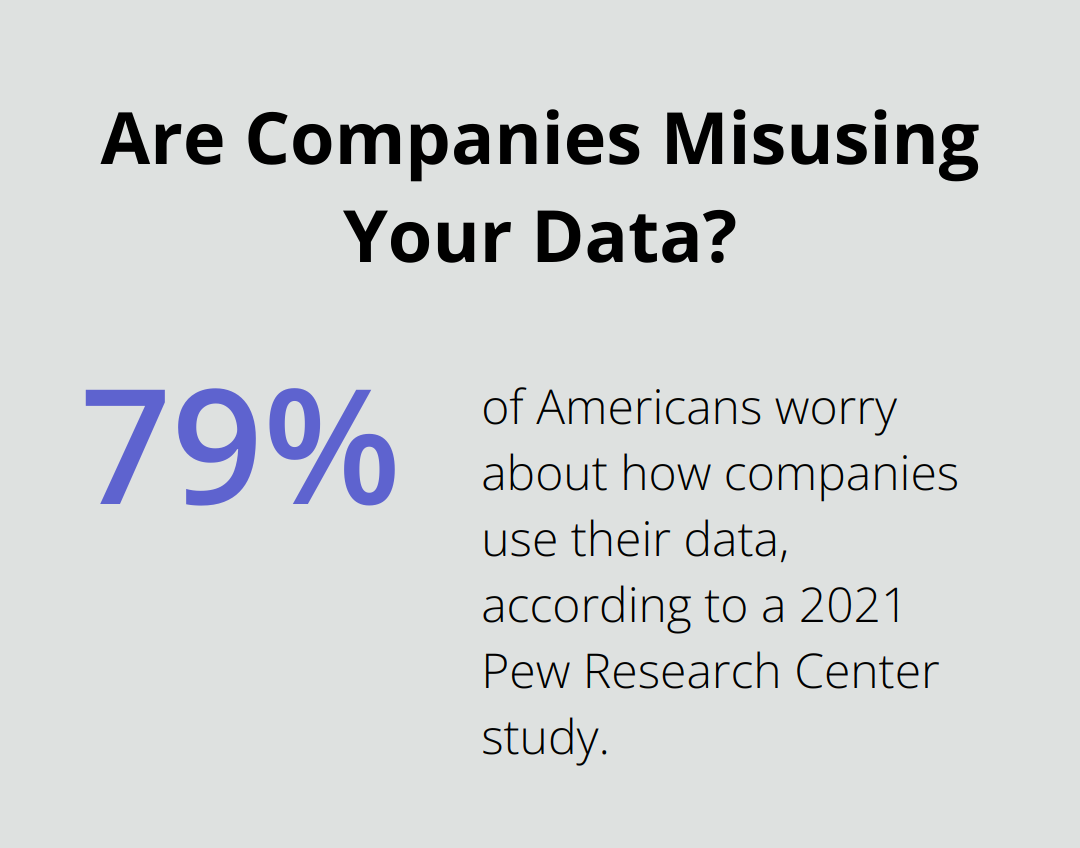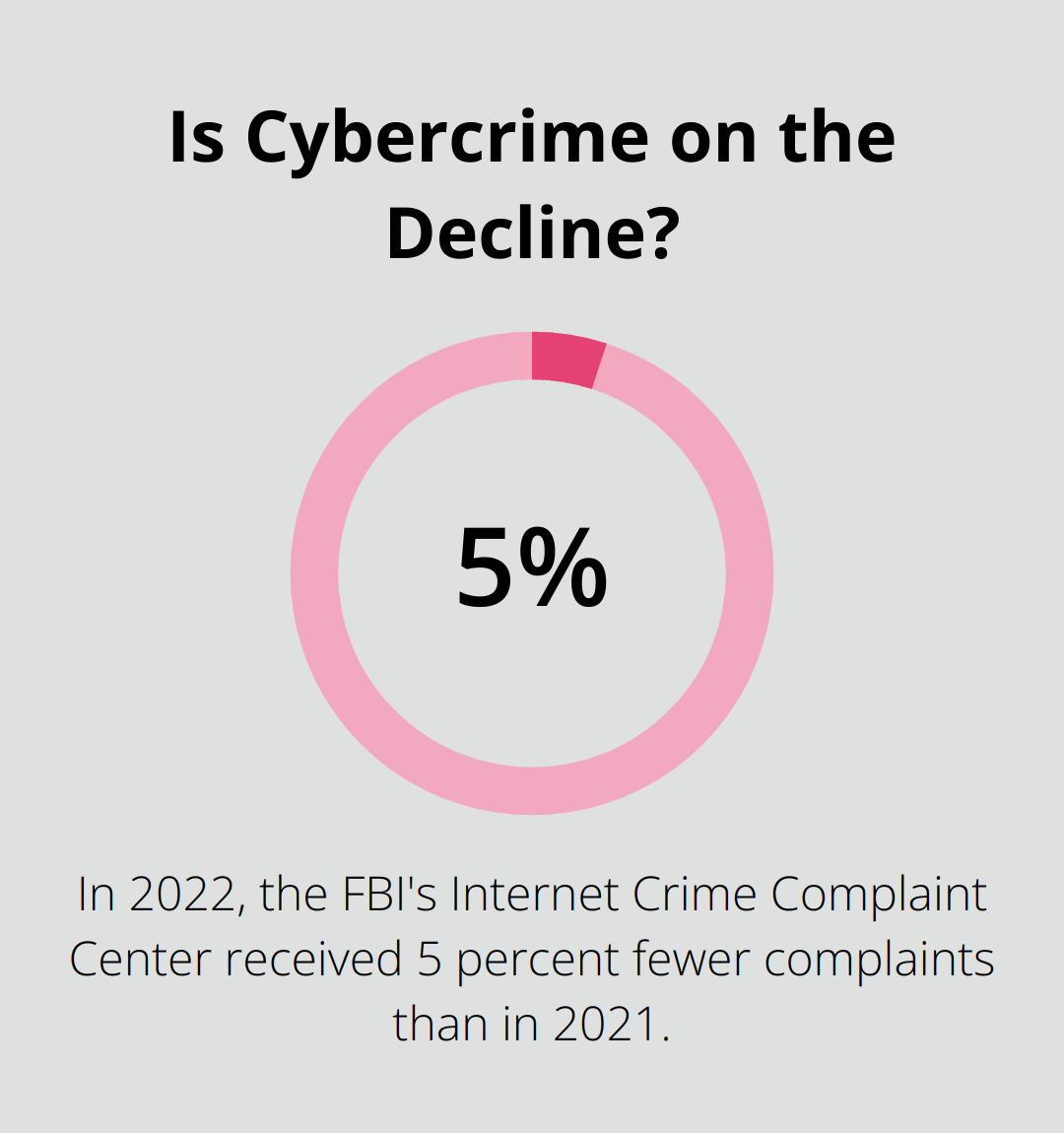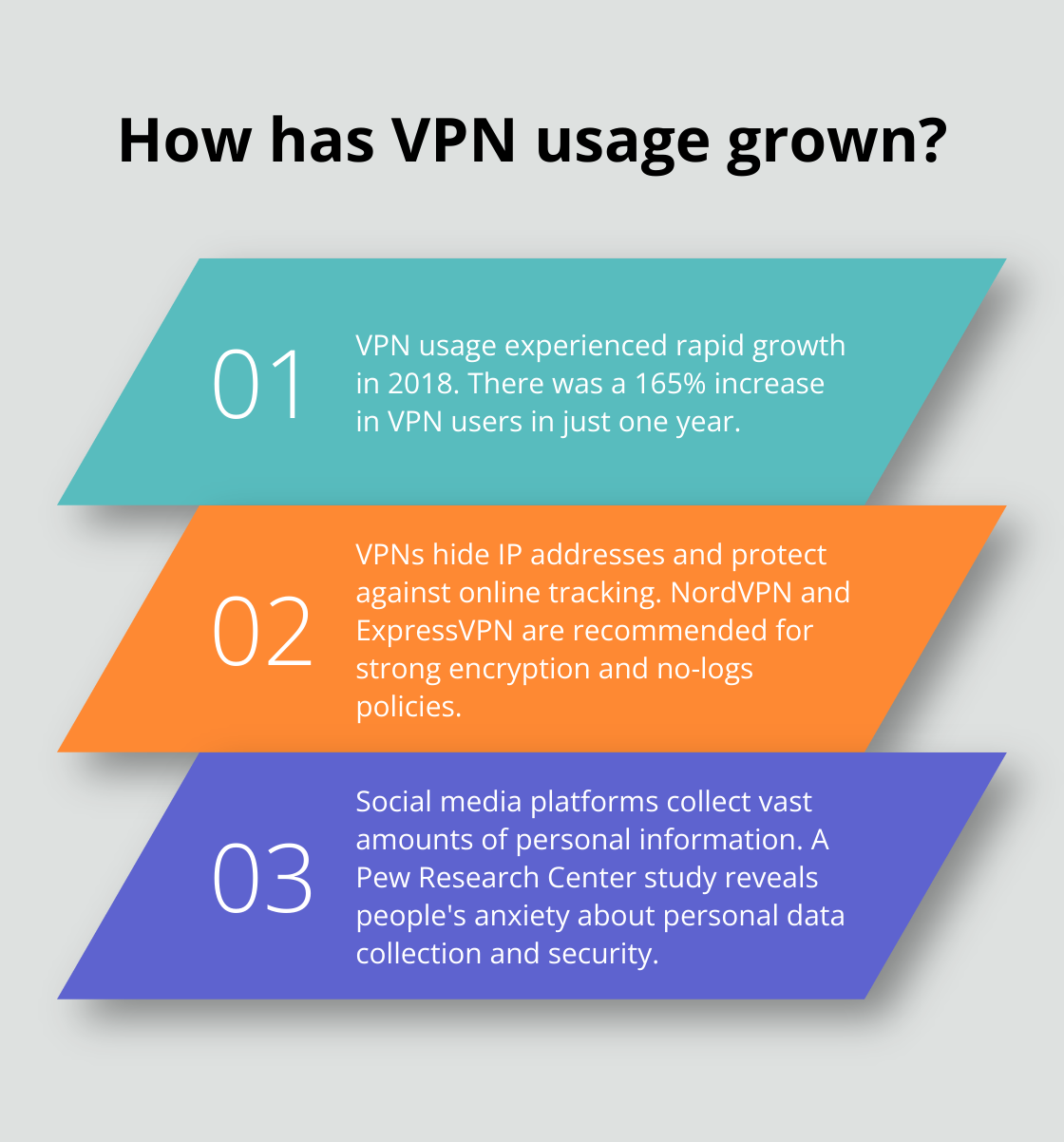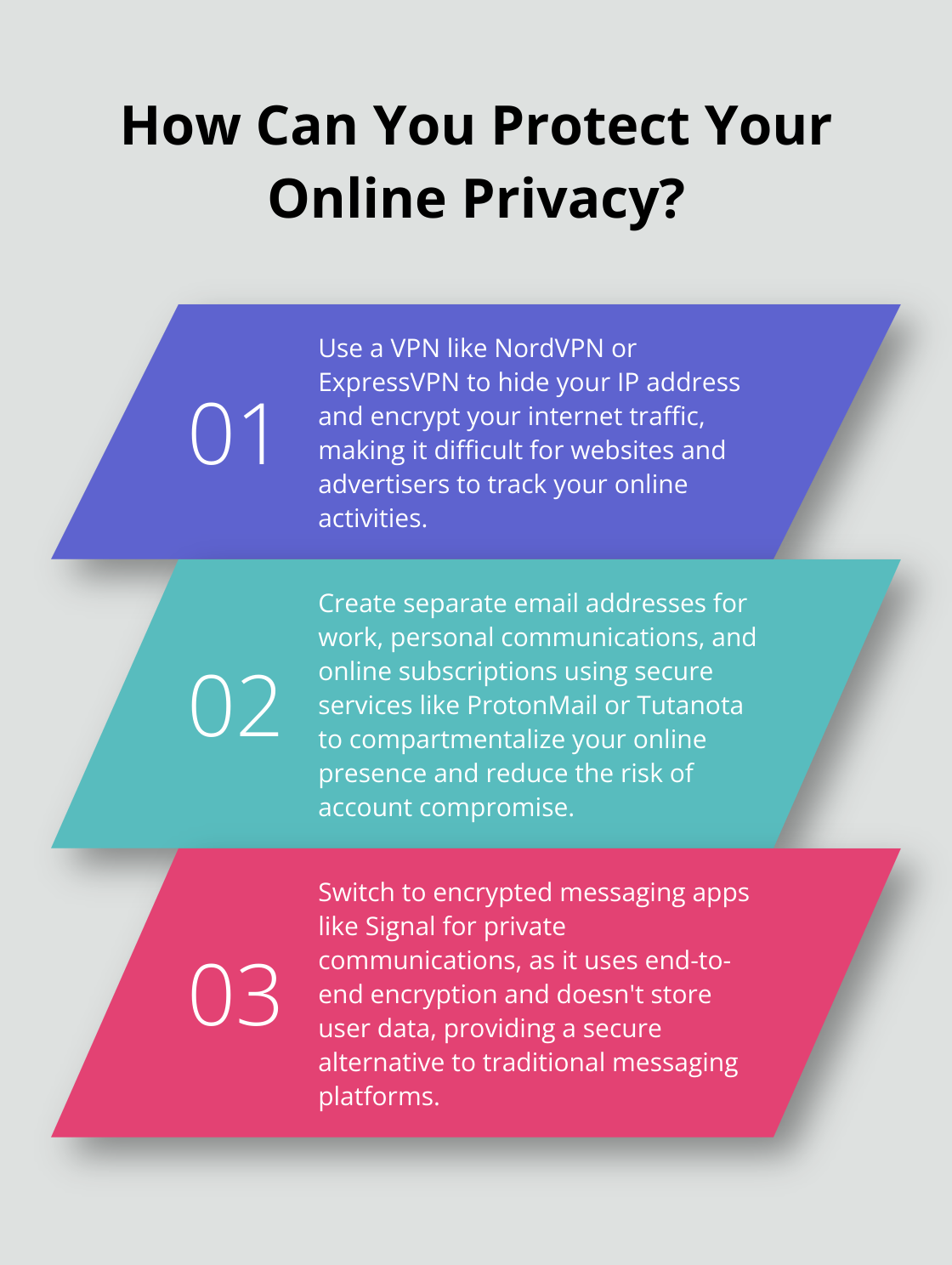Benefits of Online Anonymity: Protecting Your Identity
In today’s digital age, protecting your online identity has become more critical than ever. At Piter, we understand the growing concerns about digital privacy and the risks associated with personal information exposure.
The benefits of online anonymity extend far beyond simple privacy protection. From safeguarding against cybercrime to preserving freedom of expression, maintaining anonymity online can significantly enhance your digital experience and security.
Why Online Anonymity Matters
The Essence of Digital Privacy
Online anonymity represents more than a trendy concept – it’s a vital shield against potential threats and a gateway to genuine freedom of expression. At its core, online anonymity allows internet users to navigate the digital landscape without revealing their true identity. This concept has gained significant traction as people recognize the value of their personal data and the risks associated with its exposure.
The Growing Digital Privacy Concern
Digital privacy concerns have exploded in recent years. A 2021 Pew Research Center study revealed that 79% of Americans worry about how companies use their data. This increasing unease stems from frequent data breaches, invasive tracking practices, and the monetization of personal information by tech giants.
The High Stakes of Data Exposure
The risks of personal information exposure extend far and wide, with potentially devastating consequences. Identity theft affected 14.4 million Americans in 2018 (according to Javelin Strategy & Research). Cybercriminals can exploit leaked data for financial fraud, blackmail, or even physical stalking. Moreover, exposed personal information can result in reputational damage, job loss, or discrimination based on private beliefs or activities.
Protecting Your Digital Footprint
To safeguard yourself online, you should minimize the personal information you share. Use privacy-focused services like DuckDuckGo for searches instead of data-hungry alternatives. When gambling online, platforms like Wolfbet (our top choice) offer no-KYC poker policies, allowing you to enjoy your hobby without compromising your identity.
The Power of Anonymity Tools
Anonymity tools can significantly enhance your online privacy. The Tor browser routes your internet traffic through three random servers in the Tor network, making it extremely difficult to trace your online activities back to you. Virtual Private Networks (VPNs) serve as another powerful tool, providing faster internet speeds and improved user-friendliness compared to Tor.

Understanding the importance of online anonymity and taking proactive steps to protect your digital identity doesn’t just safeguard your personal information – it preserves your freedom in the digital age. As we move forward, let’s explore the key benefits of protecting your identity online, which extend far beyond simple privacy protection.
Why Protect Your Online Identity?
Online identity protection is not a luxury; it’s a necessity in our digital world. Safeguarding your online presence can significantly impact your digital experience and overall security.
Freedom of Expression Without Fear
One of the most powerful benefits of online anonymity is the ability to express yourself freely without fear of repercussions. This is particularly important for individuals living under oppressive regimes or those discussing sensitive topics. A 2021 study by Freedom House found that global internet freedom declined for the 11th consecutive year, highlighting the importance of protected online spaces for free speech.
Defense Against Cybercrime
Protecting your online identity serves as your first line of defense against cybercrime. According to the FBI’s Internet Crime Complaint Center, in 2022, they received 800,944 complaints, which is a 5 percent decrease from 2021. However, the potential total loss has grown from $6.9 billion in 2021. You reduce the risk of becoming a target for identity theft, financial fraud, or other malicious activities when you limit the personal information you share online.
Control Over Your Data
In an era where data is often called the new oil, protecting your online identity means regaining control over your personal information. You can significantly reduce the amount of data collected about you by using privacy-focused tools and platforms, limiting targeted advertising and potential data breaches.
Professional Boundary Maintenance
In today’s interconnected world, maintaining a clear separation between your personal and professional life is challenging but essential. You can maintain professional boundaries and control the information available to current or potential employers by carefully managing your online presence and using anonymity tools when necessary.
Enhanced Security for Online Activities
Online identity protection extends to various digital activities, including online gambling. Platforms like Wolfbet (our top choice) offer no-KYC poker policies, allowing you to enjoy your hobby without compromising your identity. This level of privacy is especially valuable for crypto enthusiasts who prioritize security and anonymity in their online transactions.

Online identity protection empowers you to choose what you share and with whom. The next chapter will explore practical ways to enhance your online anonymity, providing you with the tools to navigate the digital landscape confidently and securely.
How to Boost Your Online Anonymity
Use VPNs for Enhanced Privacy
Virtual Private Networks (VPNs) serve as a powerful shield against online tracking. They hide your IP address, making it difficult for websites and advertisers to identify your location or monitor your online activities. The fastest growth of VPN users was in 2018, with a 165% increase in just one year. We recommend NordVPN or ExpressVPN, which offer strong encryption and adhere to a strict no-logs policy.
Create Multiple Email Addresses
You can compartmentalize your online presence by creating separate email addresses for different purposes. Use one email for work, another for personal communications, and a third for online shopping or newsletter subscriptions. This strategy reduces the risk of hackers gaining access to all your accounts if one email is compromised. ProtonMail and Tutanota provide secure, encrypted email services.
Limit Your Social Media Presence
Social media platforms collect vast amounts of personal information. You should adjust your privacy settings and be selective about what you post. A Pew Research Center study has shown that people are anxious about all the personal information that is collected and shared and the security of their data. Conduct regular audits of your social media accounts and remove any unnecessary personal information.
Use Cryptocurrency for Transactions
Cryptocurrencies offer more anonymity than traditional payment methods. While not completely untraceable, they provide significantly more privacy than credit cards or bank transfers. For online gambling enthusiasts, platforms like Wolfbet (our top choice) offer no-KYC poker policies, allowing you to enjoy your hobby without compromising your identity.
Opt for Secure Messaging Apps
For private communications, encrypted messaging apps are your best bet. Signal, for instance, uses end-to-end encryption and doesn’t store any user data. Signal’s user base grew from 20 million in December 2020 to 40 million in January 2021 (indicating a growing awareness of privacy concerns).

Final Thoughts
The benefits of online anonymity extend far beyond personal privacy protection. Online anonymity empowers users to express themselves freely, safeguard against cybercrime, and maintain control over their digital footprint. These advantages contribute to a safer and more secure online environment for everyone.

Platforms like Wolfbet offer a perfect blend of excitement and privacy for online gaming enthusiasts. With its no-KYC poker policy and instant withdrawal options, Wolfbet caters to users who value both thrilling gameplay and robust privacy measures. This approach allows users to enjoy online activities without compromising their personal information.
Online anonymity isn’t about hiding; it’s about choice. Users decide what information they share, with whom, and under what circumstances. The internet should remain a space for innovation, connection, and growth – and with the right approach to online anonymity, we can ensure it stays that way for future generations.



